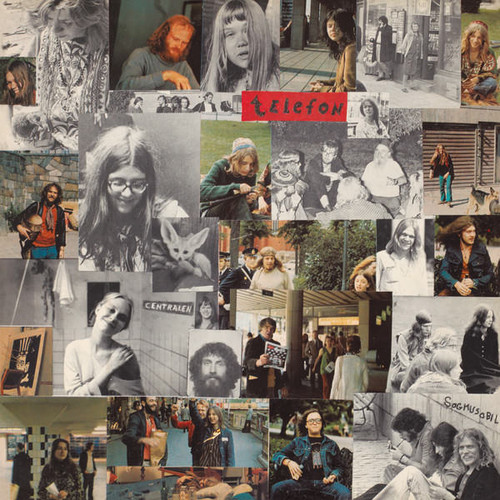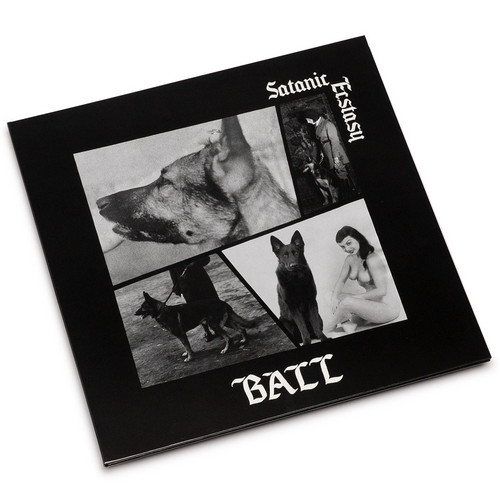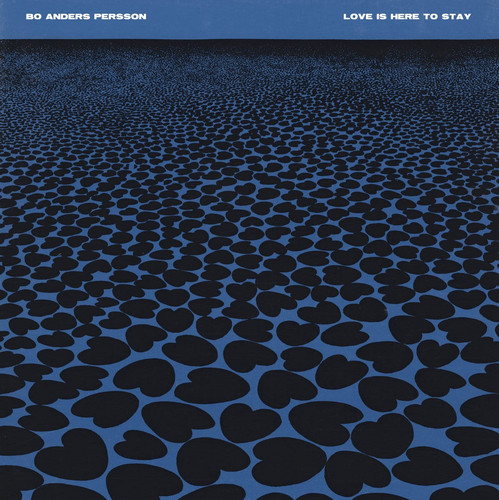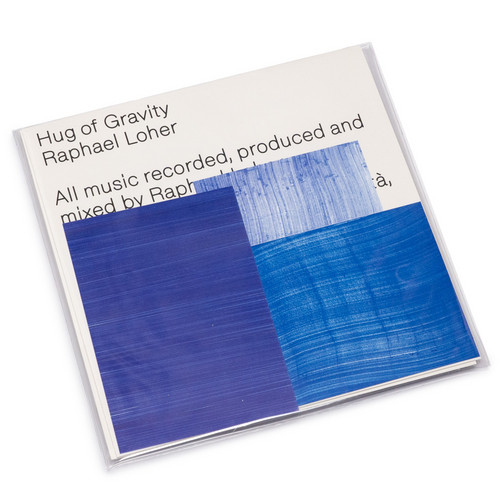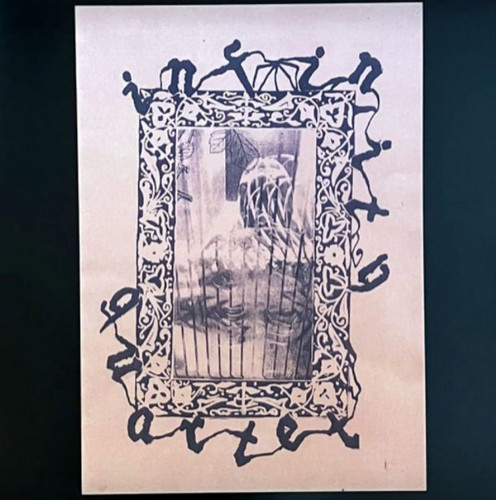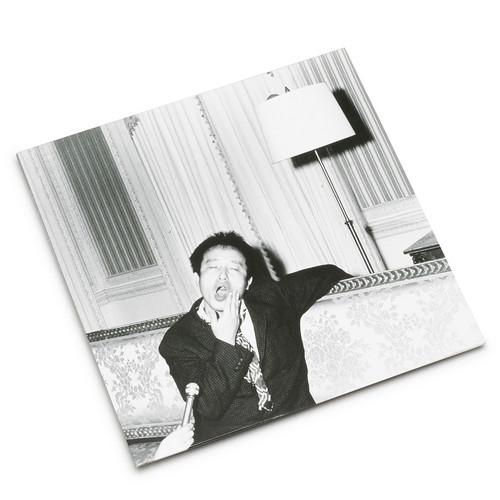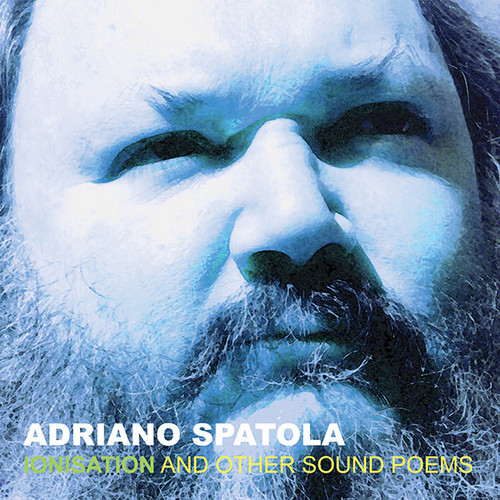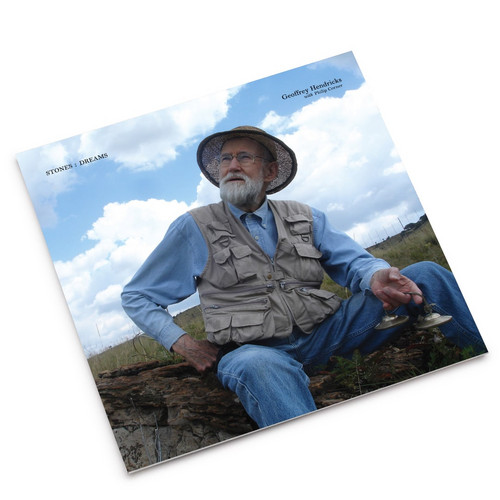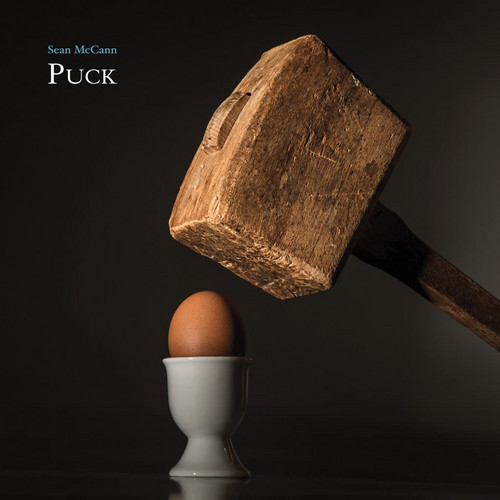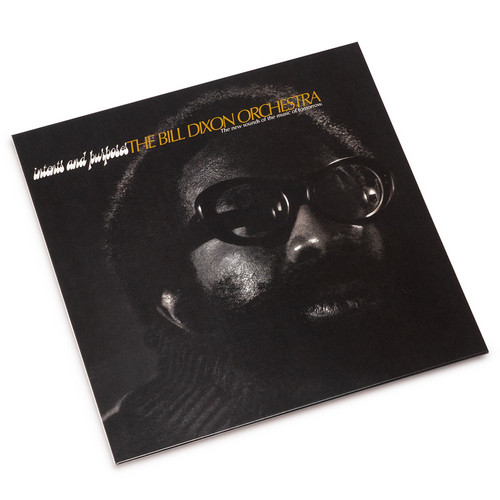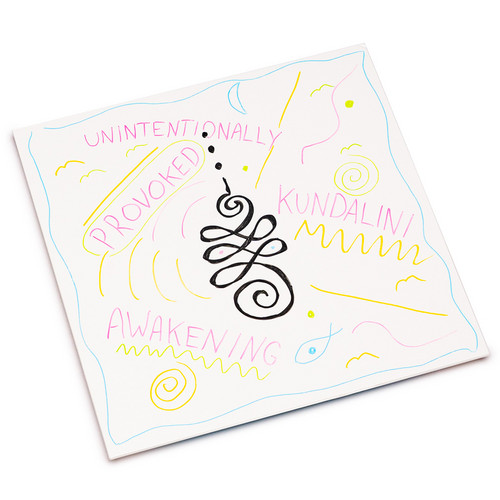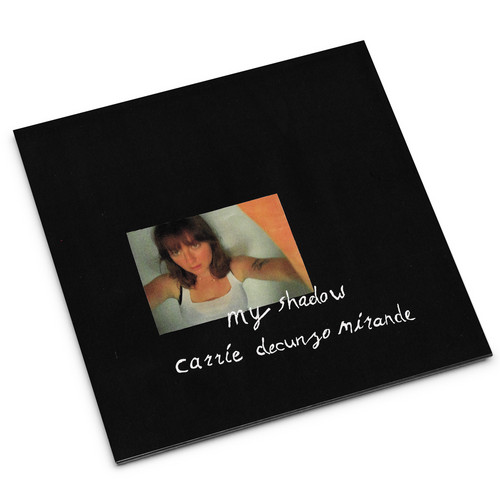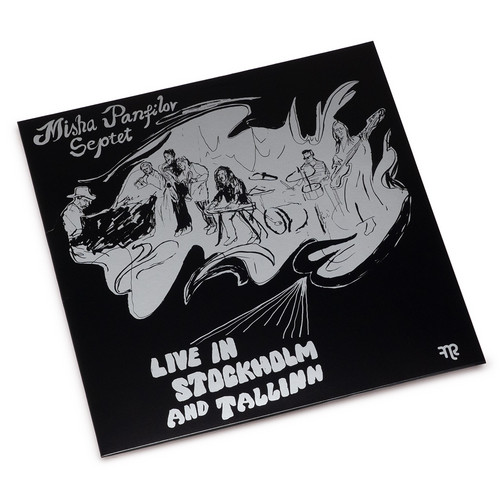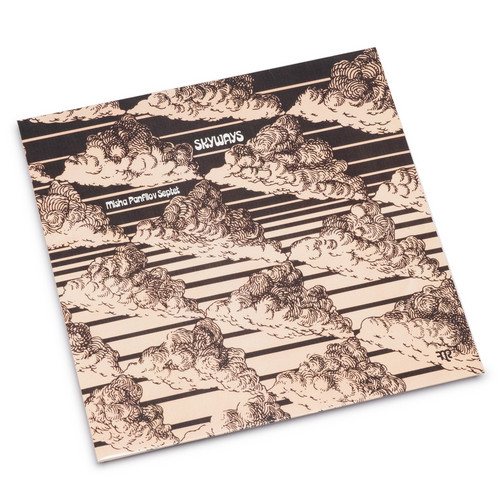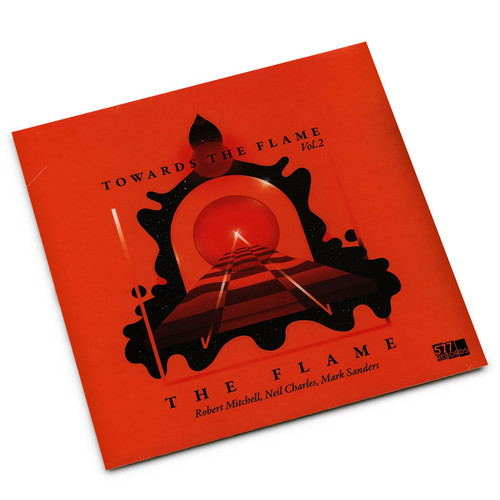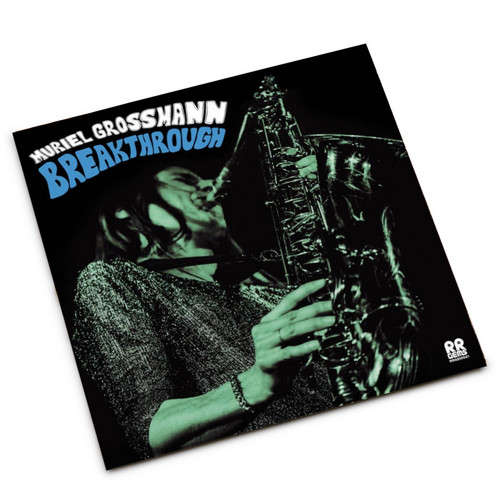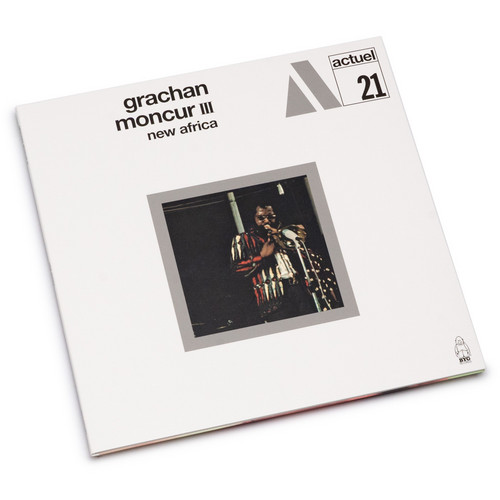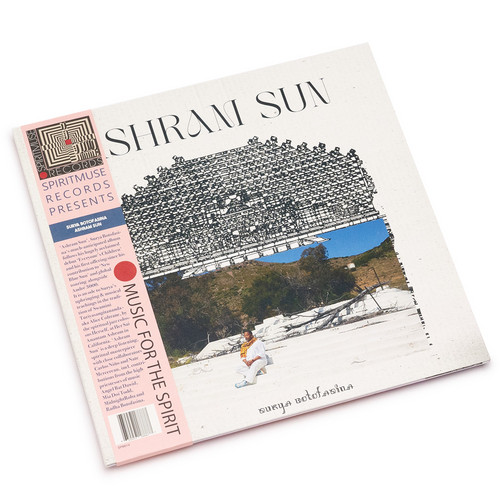Back in stock
Telefon
First ever reissue of rare, sought-after, and stoned-to-the-max Swedish underground psych/progressive/experimental treasure from 1971, originally released on the legendary Gump label and featuring the mythic underground personalities and musicians Ei…
Jola Rota
2016 Reissue, edition of 400 copies. The first official vinyl reissue of one of Sweden's greatest unknown psychedelic treasures from the 1970s. One time only limited pressing of 500 copies. From the original master tapes and with the original artwor…
Satanic Ecstasy
Wasted Swedish heavy psych power trio soaked in diabolical occult havoc. Drugged and toxic - Hard Rock from Hell! Satanic Ecstasy presents a depraved cinematic audio experience with unique music from Ball. This is the Original Motion Picture Soundtra…
Love Is Here to Stay
2LP version housed in a gatefold sleeve including booklet with in-depth informative liner notes and pictures. The early works by Bo Anders Persson presented on this record were written between 1965 and 1967, before he started the experimental rock …
Hug of Gravity
*155 copies limited edition* »Hug of Gravity« is the second solo album by Raphael Loher and his first for Hallow Ground. The Swiss pianist and composer uses piano preparations, tape machines, and digital means to forge an aesthetic of playful reducti…
Infinity Quartet
*300 copies limited edition* The debut album from a new Gothenburg group featuring Erik Nystrand (Capers), Dan Johansson (Sewer Election), Per Palmqvist (Slow Exit) and David Valleryd (Schakalens Bror). A blistering free noise tornado recorded at Lon…
Nam June's Spirit Was Speaking To Me
A spellbinding tribute from one multi-faceted artist to another. New York-based artist Aki Onda (b. 1967) conjured a transduction to the Korean multi-media pioneer Nam June Paik (1932-2006).
Ionisation
**Edition of 250 copies, includes CD and 20-page color booklet** "Ionisation is the first LP by Italian poet Adriano Spatola. Born in Yugoslavia in 1941, by the age of 23 he became a major force in the Italian avant-garde. 'Towards Total Poetry,' Spa…
Stones : Dreams
** Edition of 220 copies, it comes with a 16-page pamphlet ** Recital label head Sean McCann on Stones : Dreams: "The first audio document ever published by Fluxus artist Geoffrey Hendricks (1931-2018). There is a romanticism found in Geoffrey, that,…
Puck
** Edition of 500, comes with 12-page “Puck” pamphlet + Two art cards with program notes** Sean McCann's Puck is here. Music for Public Ensemble, my previous album, was released three years ago. And three years before that was Private Ensemble. Pu…
Intents and Purposes
A singularly visionary work, Intents and Purposes by Bill Dixon transforms the jazz orchestra into a vessel for avant-garde poetics. With bracing counterpoint and lush timbral complexity, Dixon’s 1967 RCA masterwork dissolves boundaries between compo…
Unintentionally Provoked Kundalini Awakening
Post-Tragic Man's spiritual piano explorations merge Kundalini awakening with repetitive body tapping. Channeling La Monte Young and Charlemagne Palestine, this Danish performer creates authentic transcendent music. Hand-painted covers by Gustaf Dick…
Helvetet På Jorden Skona Ingen Fast Gud Älskar Dig
* Edition of 500 copies, comes with a lyric booklet. Mastered by Joakim Karlsson. * With the intention of doing a proper and full out choir record, Helvetet På Jorden was initiated by Blod two years ago. While the finished album became something slig…
My Shadow
One of the most striking and enigmatic works to appear on Discreet Music in recent years. There is a long tradition of artists who have tried to set scripture to music and failed magnificently - the failure itself becoming the subject, the wound beco…
Live In Stockholm And Tallinn
Tip! Misha Panfilov, the Estonian contemporary jazz mover whose many Janus faces amount to more than just two, resulting in many album avatars - here shares a live recorded rendition of a recent pair of shows, played back to back in Stockholm, then T…
Skyways
Misha Panfilov Septet is an Estonian ensemble led by composer, producer, and multi-instrumentalist Misha Panfilov. Known for their evocative blend of psychedelic jazz, electronic lounge, and ambient exotica, the septet features a rich palette of timb…
Towards The Flame, Vol. 2
This is British improvised music at its absolute finest. Three giants of the UK scene – pianist Robert Mitchell, double bassist Neil Charles, and drummer Mark Sanders – locked in a room at Café Oto in February 2022, no safety net, no second takes, ju…
Breakthrough
On Breakthrough, Muriel Grossmann envelops her quartet in a vibrant exploration of spiritual jazz, interlacing tradition with fresh, forward momentum. The record distills Grossmann’s lyrical saxophone voice and trademark rhythmic interplay into a ric…
New Africa
** Deluxe matte laminate gatefold sleeve and polylined paper inner sleeve ** A vital document of artistic resistance and spiritual searching, New Africa captures a transformative moment in jazz and global Black consciousness. Recorded in Paris in 196…
Ashram Sun
Big tip! *2025 Stock* Ashram Sun is a transcendent journey toward the inner source of Surya Botofasina’s musical being. Returning to the places and spaces of his spiritual and musical upbringing, the keyboardist and vocalist’s second LP for Spiritmus…
